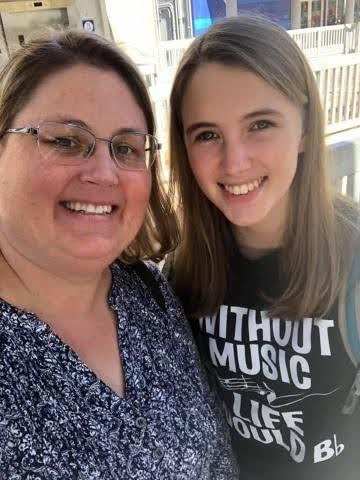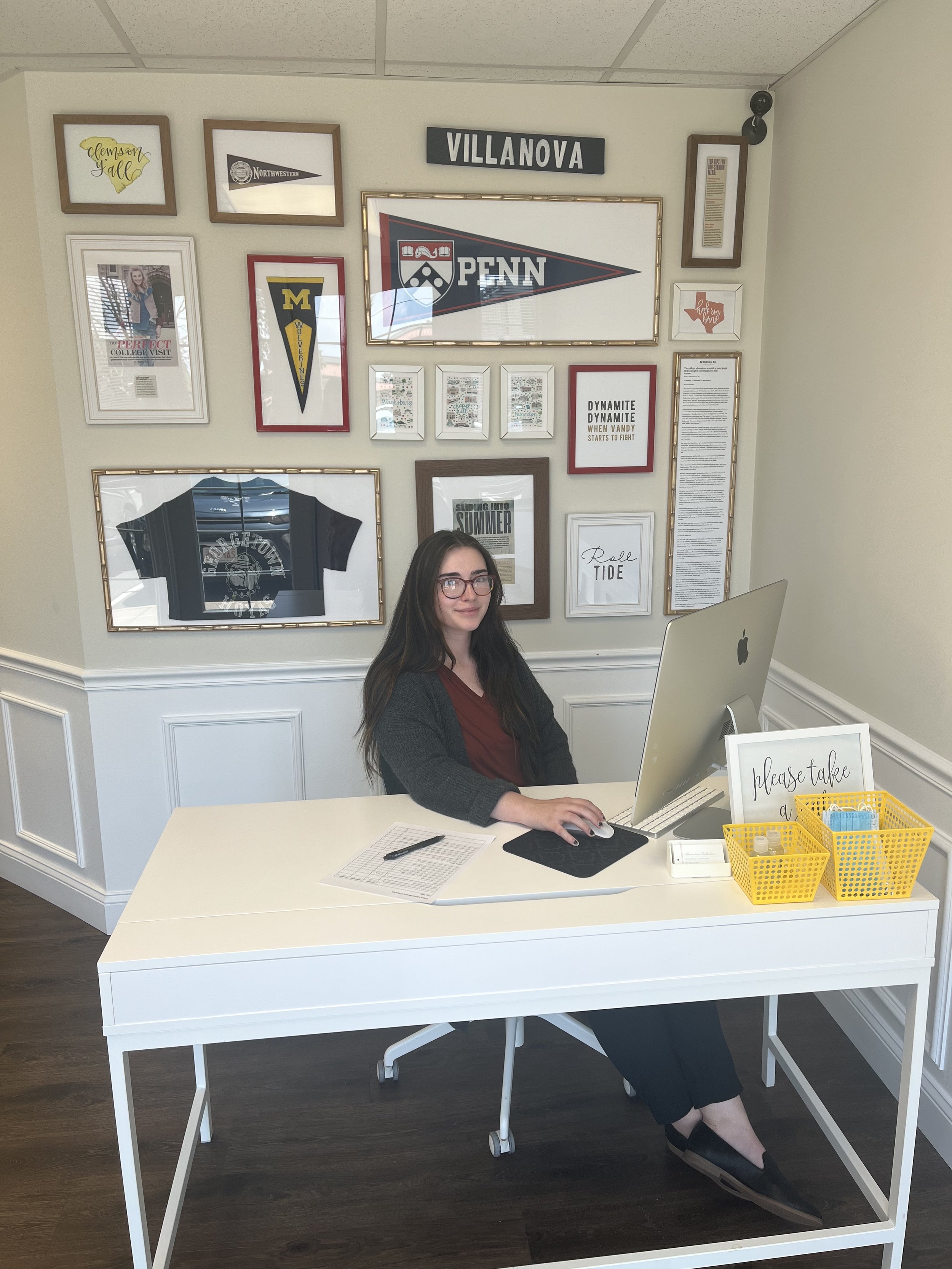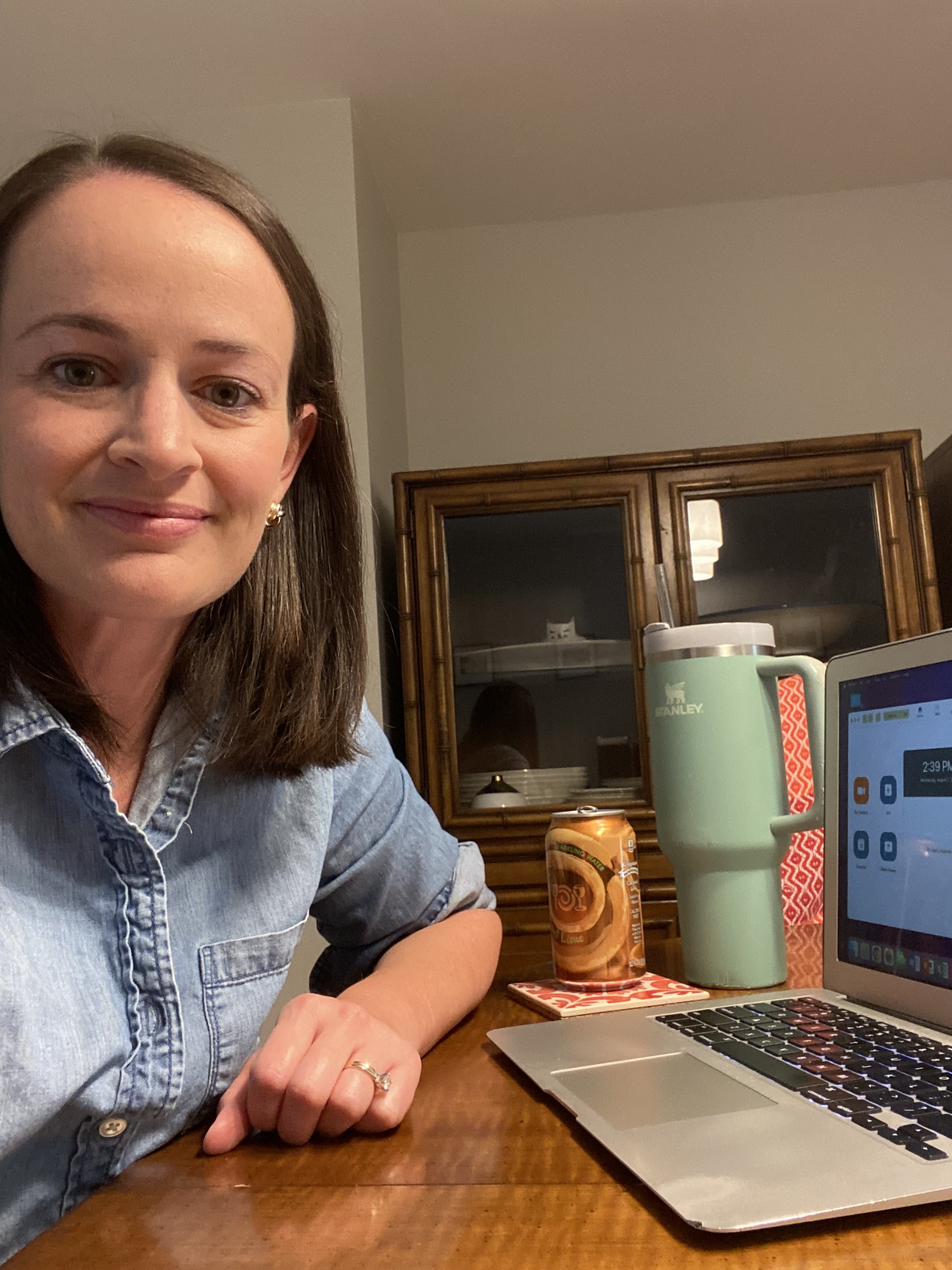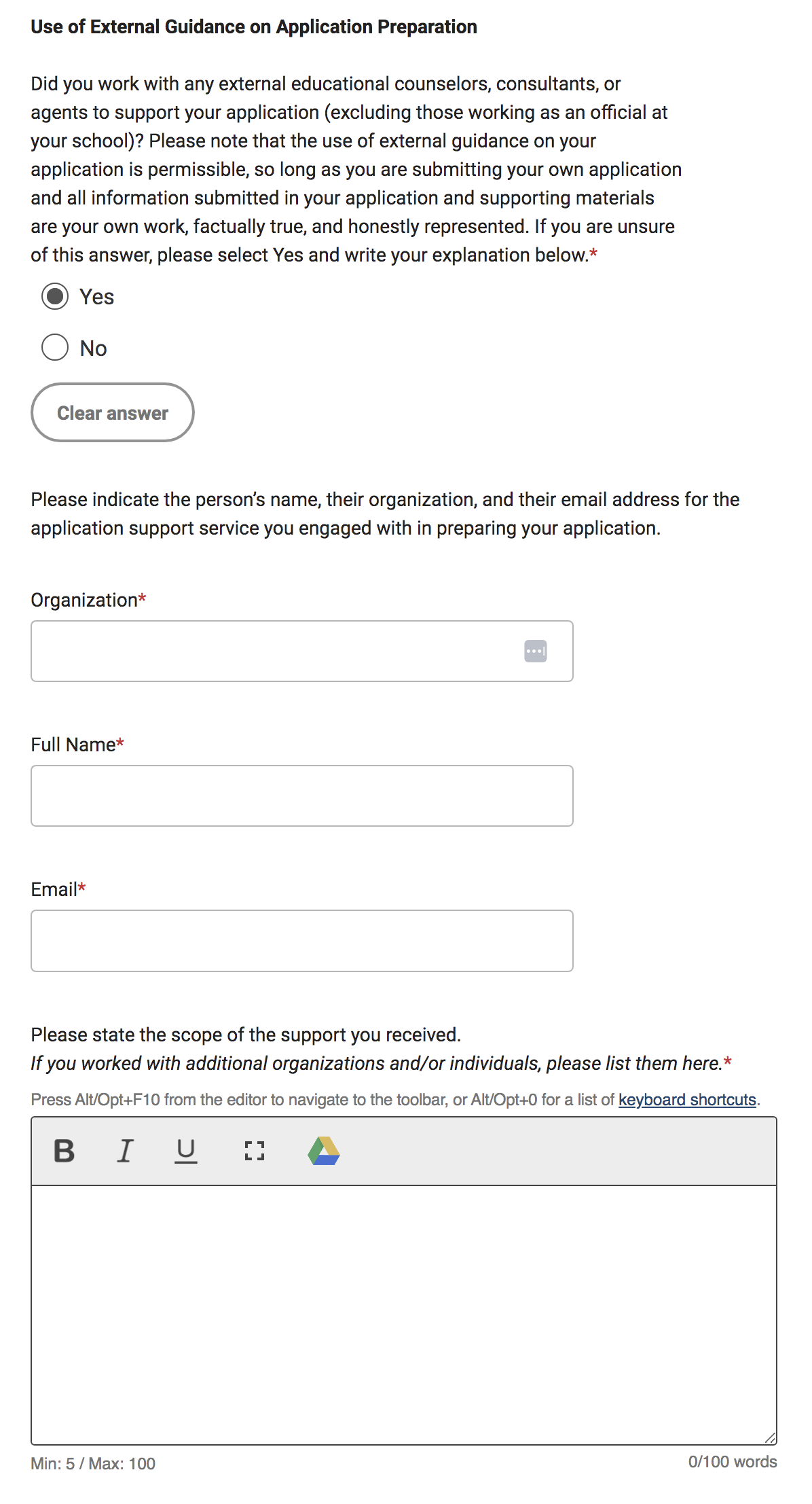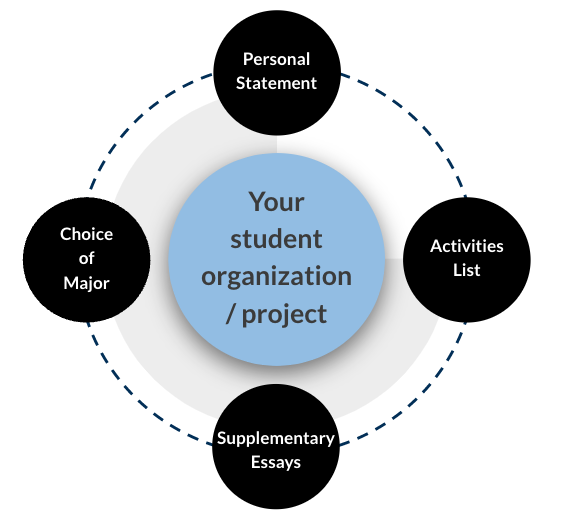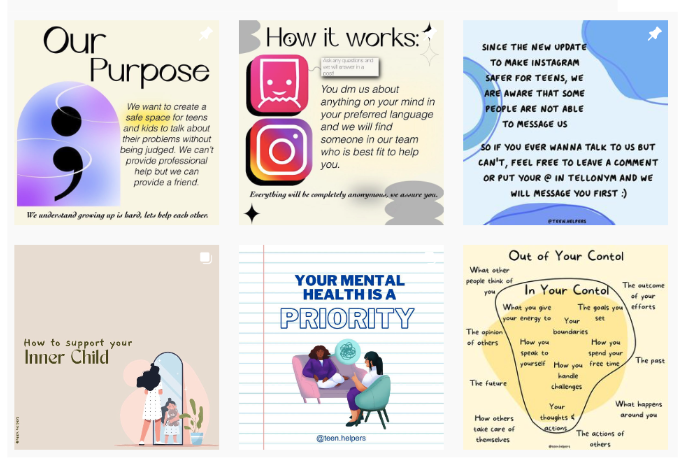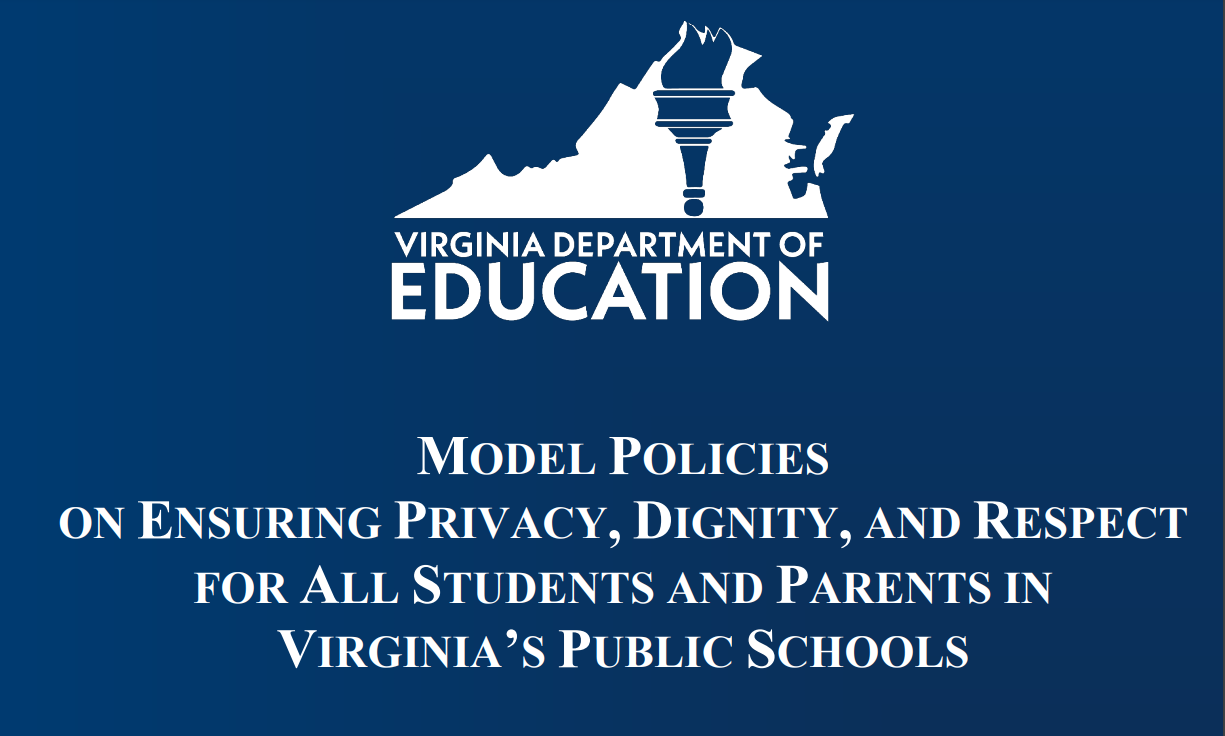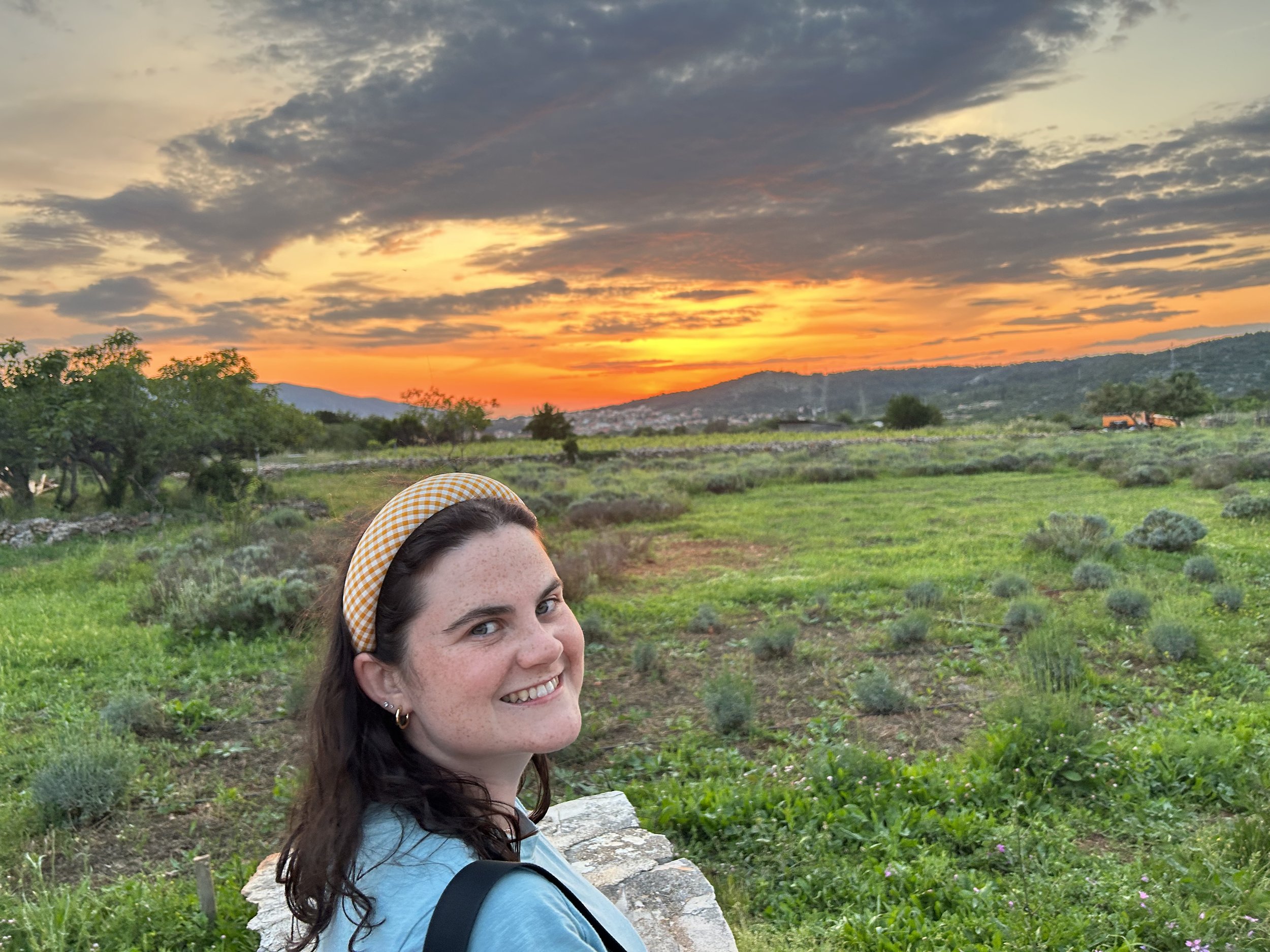What a week! Colleges have begun to release early application decisions, and while it’s still too soon to draw any conclusions, we are watching for trends. More to come on that next week or the week after!
BIGGEST COLLEGE-RELATED NEWS OF THE WEEK
THE HOUSE OF REPRESENTATIVES HOLDS HEARING ON CAMPUS ANTISEMITISM
The House Education Committee opened an investigation into Harvard University, the Massachusetts Institute of Technology (MIT), and the University of Pennsylvania (UPenn) last week following testimony by their respective presidents regarding increased incidents of antisemitism on their campuses. In the hearing, the presidents faced intense questioning by committee members amid growing reports of antisemitism and Islamophobia on their campuses among others. UPenn president, Liz Magill, faced tough criticism for her answers to the committee’s questions and on Saturday, December 9, tendered her resignation as UPenn’s president (she will remain a tenured faculty member in their law school). In addition, the chairman of the board of trustees, Scott Bok, resigned. Following the hearing, 70 members of Congress signed a letter calling for the resignation of all three university presidents. The New York Times reported Monday that over 500 Harvard faculty members (of approximately 2300) signed a petition in support of Dr. Claudine Gay and urged the Harvard Corporation and the Board of Overseers to “resist political pressures … including calls for the removal of President Claudine Gay.”
CORNELL UNIVERSITY TO LIMIT EARLY DECISION ADMISSIONS
Cornell University’s Faculty Senate has voted to limit the proportion of applicants admitted through early decision. This change is coming after almost one-third of the Class of 2027 was admitted through early decision. What is not included in the article is that nearly one-half of the enrolled class was admitted through early decision. In September, the University’s Presidential Task Force on Undergraduate Admissions issued its recommendations for changes to the admission process. The article is not specific about any new target the college has set, but it is clear that the class of 2028 will have a measurably smaller percentage of ED “yes!” envelopes and emails to send out.
ERROR IN NEW FAFSA CALCULATIONS
Previously, we have written about the changes coming to the FAFSA, the application for financial aid administered by the U.S. Department of Education. There have been multiple delays in implementing the changes, but now there are also errors in the way the FAFSA will calculate the Student Aid Index (SAI), which colleges use to calculate their financial aid packages. To give background, when the FAFSA calculates how much families can afford to spend on education each year, the formula protects a certain amount of annual income on which a family is expected to live before having to contribute to educational costs. That amount needs to be adjusted for inflation, and Congress mandated that the Department of Education increase it significantly for the calculations to be fair, given the recent record-high inflation. Parental income was supposed to be protected by 20% more than it was before. That’s HUGE! But the Department of Education didn’t follow through, so the calculations were never changed. For some families, this will have a significant impact on financial aid awards and eligibility.
GRADE INFLATION … AT YALE?
We have heard about grade inflation for years, especially as a result of the pandemic and how it has impacted college admissions. Last week, The New York Times published an article citing a new report that “nearly 80 percent of all grades given to undergraduates at Yale last academic year were A’s or A minuses.” Faculty and students are asking: “What does excellence mean at Yale … if most students get the equivalent of ‘excellent’ in almost every class?”
BEST ARTICLES OF THE WEEK
Despite going 13-0 for just the third time in their history, the Florida State Seminoles will be on the outside looking in during the final year of the NCAA four-team playoff format. In what is already a controversial decision, the 13-member selection committee of coaches, athletic directors, and former players chose the top four teams based on a combination of record and the committee’s judgment about teams’ schedules and win quality. CNN contributor Cari Champion believes that TV ratings are among the unofficial factors the committee evaluates, and Florida State’s ratings suffered after star QB Jordan Travis suffered a season-ending broken leg in mid-November. While not everyone agrees, Florida State University athletic director Michael Alford told CNN, “Today’s decision by the committee has forever damaged the credibility of the institution that is the College Football Playoff,” adding that the committee “failed football.”
Next year will see an expanded 12-team format that limits the committee’s reach to only four teams, with several conference winners earning automatic inclusion. The new format would have left Florida State as the fifth seed and in a good position for a playoff run. But next year is, as they say, a long way off — and the controversy will be a long time ending. Once again, Rick Clark shared his reaction and insight to the football playoffs in the Georgia Tech Admission Blog titled The Committees and Decisions of College Admission… And College Football. This is such a great read!
When Adrian College in southern Michigan faced a significant decline in enrollment, the new president decided to look to athletics to reverse the trend. Since an all-time low enrollment of approximately 800 students in 2005, the college has steadily increased the student body, attracting new students by recruiting for 30 new athletic teams. Since 2005, the college has more than doubled enrollment, but Adrian isn’t the only college to employ this tactic. Small, private colleges are adding athletics as a means to increase both enrollment and income giving new meaning to Field of Dreams’ “if you build it, they will come.” In particular, schools are attracting more male and minority applicants, while at the same time, they are building new facilities to house the teams funded by the increased revenue.
Unfortunately, not even athletics can save the College of St. Rose in Albany, NY, which announced last week that it will be closing at the end of the academic year. They are working with current students to assist them in transferring to other schools to finish their degrees.
Almost 300 students have registered to take a new course at Harvard this spring: Taylor Swift and Her World. Colleges and universities across the country are joining the craze offering courses in literature, poetry, psychology, and entrepreneurship based on the career and creativity of Taylor Swift.
The New York Times published an opinion piece by Jessica Grose titled “Why Parents Can’t Quit the Elite College Arms Race,” which takes a deep dive into the obsession with highly selective or, as many have shifted to calling them, highly rejective colleges and universities.
OFFICE HAPPENINGS
Last week, Sally was in Waterville, Maine, visiting Colby College, a small liberal arts college serving approximately 2,300 students. About an hour north of Portland, Maine, Colby was the first college to offer the 4-1-4 plan or “Jan Plan” — an approximately four-week term during which students take a single course, often in a non-traditional discipline. Students can also take advantage of study abroad and internship opportunities during Jan Plan. DavisConnects — Colby’s career counseling program — provides students with opportunities in three areas: hands-on or experiential learning, specialized advising, and global opportunities for education and networking. Not only does DavisConnects’ dedicated staff help match students with these opportunities, it also has awarded more than $6 million in grants to students to access them.
The Colby Commitment to funding students’ education places it in a select group of schools that meet 100% of students’ demonstrated financial need without any loans. In addition, for families with a total income of $150,000 or less and typical assets, Colby calculates a family contribution of not more than $15,000 per year.
Colby sits atop Mayflower Hill and boasts outdoor trails for walking, running, and even cross-country skiing. The college has a three-year-old athletic and recreation facility, four new residence halls (with a fifth in the works), and a brand-new performing arts center that opened in September 2023. A close-knit community, Colby is known for students who love to learn and explore multiple disciplines. It is not unusual to meet students who have a major and multiple minors or a double major.
Enjoy the last week of school before the holiday break (for most of you, anyway)!














